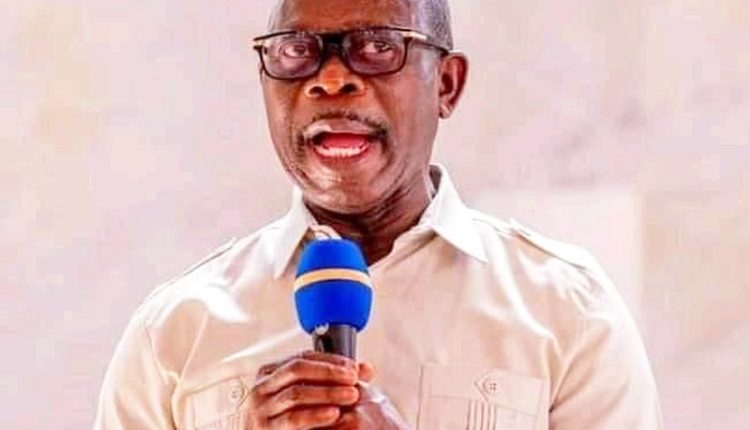BREAKING: Tinubu Ends Unearned Wealth Culture, Improves Security

Two years into President Bola Ahmed Tinubu’s administration, former Edo State governor Adams Oshiomhole has assessed the president’s mid-term performance, highlighting areas where he believes Nigerians have seen improvements. According to him, the most notable gains have come from financial reforms and a renewed approach to national security.
Speaking in an interview with ARISE NEWS on Monday, Oshiomhole pointed to the abolition of the dual exchange rate system as a bold step that many underestimate but which, in his view, has reshaped the economic playing field.
“Before President Bola Ahmed assumed office, it was easy for some, very few people, but they took a huge sum by just manipulating the financial system and turned out huge numbers to themselves and popularised the rest of the people. This leads to distortion in consumption, leads to distortion in values, and misleading younger people who think that what matters in Nigeria is not what you know, but who you know. I think that that policy has effectively been eliminated by the president.
That’s to say this regime of dual exchange rate. People may underestimate the import of it, but I think it is huge. It is huge.”
He recalled a time when young men were importing Lamborghinis by air—“because they didn’t have to earn it.” According to him, that culture of unearned wealth, fuelled by distorted policies and lax monetary coordination, misrepresented the values of hard work and economic fairness.
He said, “There was a time before young boys were bringing Lamborghini in with an aircraft, because they didn’t have to earn it. And from what we know now, the amount of abuse was huge.”
Oshiomhole also touched on the previous disconnect between fiscal and monetary authorities, where critical financial decisions were made without synergy.
“If you have to try to understand the current exchange rate regime, you have to look at the reckless use of ways and means by the central bank, by the monetary authorities, and the fact that there was no communication between the monetary and economic sector.
“There was an open debate where the finance minister said, ‘I am not aware of CBN’s decision on this.’ And so people were micromanaging there a little bit. And of course, Nigeria was the worse for it.”
On security, he acknowledged ongoing concerns but insisted that measurable progress has been made in restoring order to areas once deemed too dangerous to enter.
“I have been present in many places where, for example, people from part of the Northeast admitting to the fact that under Tinubu the coordination of security is more effective, and places that they couldn’t go before, they could go there now.”
He referenced Borno State, saying, “There was once upon a time where this country, part of Maiduguri, people couldn’t go there. In Nigeria, the president couldn’t visit Maiduguri. We went to Maduguri this year to say no. Maiduguri is part of Nigeria.”
When pressed about recent displacements and violence in the same region, Oshiomhole urged Nigerians to consider context, saying, “It is not either that you win all or you lose all. The major progress is to look at where you were compared to where you are.”
He added, “That is not to suggest that either the president or any Nigerian for that matter, is happy about the current level. It can be better, and it has to be better. But the point to make is that let nobody suggest that it is now worse. It is not.”
Melissa Enoch
Follow us on:
